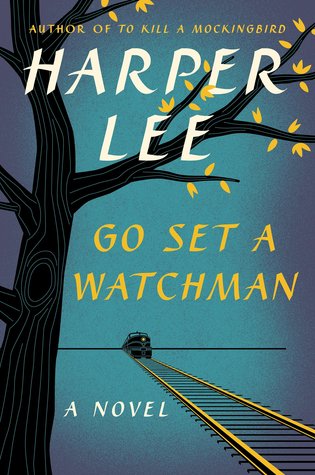 In a Dark, Dark Wood, by Ruth Ware
In a Dark, Dark Wood, by Ruth WareScore one point for Ruth Ware for prompting me to think about this book in the middle of the night. In a Dark, Dark Wood is about Nora (formerly Lee), an antisocial, reserved writer in England, who is invited to a hen night (the UK version of a bachelorette party). The strange thing is she hasn't seen the bride for 10 years, since she was a teenager.
Bride Clare brings her "friends" from far and wide to a hidden-away, isolated glass house in the country where they drink heavily and have many an awkward conversation, especially since Nora and Claire fell out of friendship when they were teens.
And then someone is murdered, and Nora doesn't know whether she is the killer.
It's sinister, but not too grisly, and it's hard to care much about what happens to most of the characters. The characters, with the exception of Nina, were spoiled yuppies who thought the world revolved around them.
This was not bad for an airplane or beach read...but Nora annoyed the hell out of me. I don't have much sympathy for someone who cannot move on after a lost teenage love affair. Nora needed to get a life.

